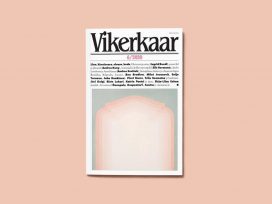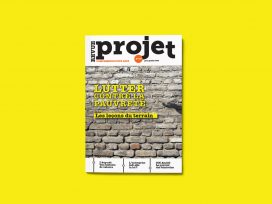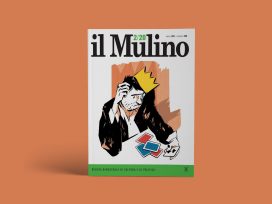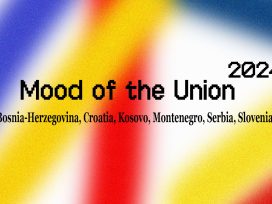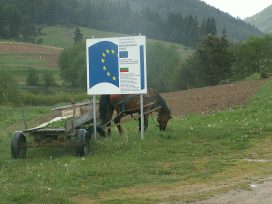Estonian journal Vikerkaar on gendered domesticity and the double standards of state socialist gender politics; neo-Ottoman modernization and luxury development on the Belgrade waterfront; post-Soviet housing projects in Tartu; the philosophy of single-family homes, and more.
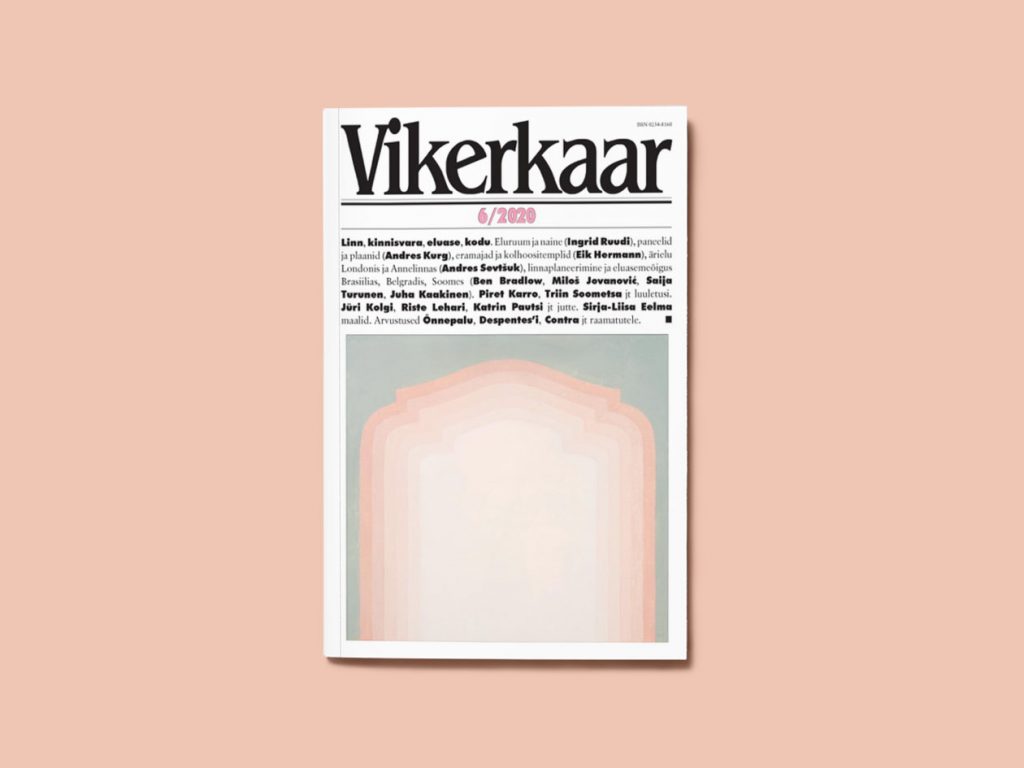
Housing is a crisis from which many other crises spring, write the editors of Vikerkaar. The financialization of housing markets across Europe deepens inequality and inflates asset prices, leaving a generation in precarity. Construction exacerbates climate change – the cement industry alone accounts for 8 per cent of global greenhouse gas emissions.
Housing pressures are also catalysts of social mobilization – of rent strikes, movements to eradicate homelessness, and attempts to invent more sustainable forms of construction. With rents increasing around the world, tenants’ consciousness might be the new class consciousness.
Gendered domesticity
Unlike in the West, private home construction in the Soviet Union was highly regulated, writes Ingrid Ruudi in an article on modernism and gendered domesticity. State socialist gender politics reflected both the ingenuity and the double standards of a society committed to gender equality in public, while leaving patriarchal norms in place in private.
‘Dwellings from the 1960s–1980s have an abundance of all sorts of auxiliary spaces, partly as a way to get around official limits to “useful space”, but also a reflection of the DIY-culture of the time … caused by deficits of groceries, consumer goods and services. Even urban dwellings often include spacious greenhouses and storage spaces for various winter staples: vegetables, fruits, and preserves. Of course, all this gardening demanded extra labour, primarily from women, who could work hours equivalent to holding a second job.’
History and capital
Luxury development on the Belgrade waterfront captures the contradictions of transnational capital flows as well as those of twentieth century urban development. Milos Jovanović tells of developers who seek to clear refugee settlements in order to build a luxury high-rise funded by arms sales to the Syrian government, evoking late Ottoman modernization to justify the razing of historical districts built amidst the no less contested urban politics of the late-nineteenth century.
Streetscapes to sustainability
Andres Sevtsuk analyses the vibrant streetscapes in London’s Soho and Tartu’s post-Soviet housing projects; Benjamin Bradlow outlines a vision of sustainable urban planning based on Lula’s Brazil; Andres Kurg recovers cybernetic dreams of socialist housing; and Eik Hermann rethinks the philosophy of single-family homes.
More articles from Vikerkaar in Eurozine; Vikerkaar’s website
This article is part of the 11/2020 Eurozine review. Click here to subscribe to our weekly newsletter, to get updates on reviews and our latest publishing
Published 18 June 2020
Original in English
© Eurozine
PDF/PRINTNewsletter
Subscribe to know what’s worth thinking about.
Related Articles
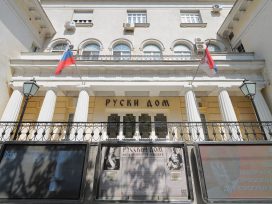
EU enlargement is increasingly connected to the question of Russian influence in the Western Balkans. But while strong cultural ties translate into popular support for Russia, particularly in Serbia, actual Russian involvement is limited. Instead, local elites mobilise pro-Russian sentiments for political gain.

Until recently the EU overlooked the Serbian regime’s disregard for democratic standards, preferring to trust assurances about the country’s commitment to the European path. But support for Russia’s war has made Vučić’s dissimulation impossible to ignore.

